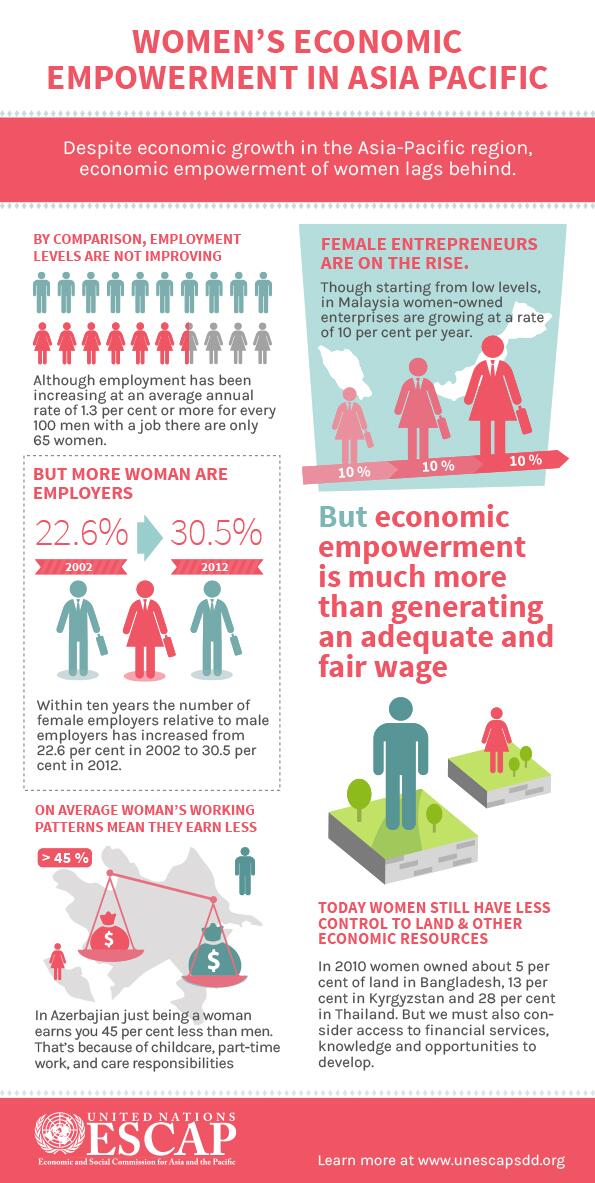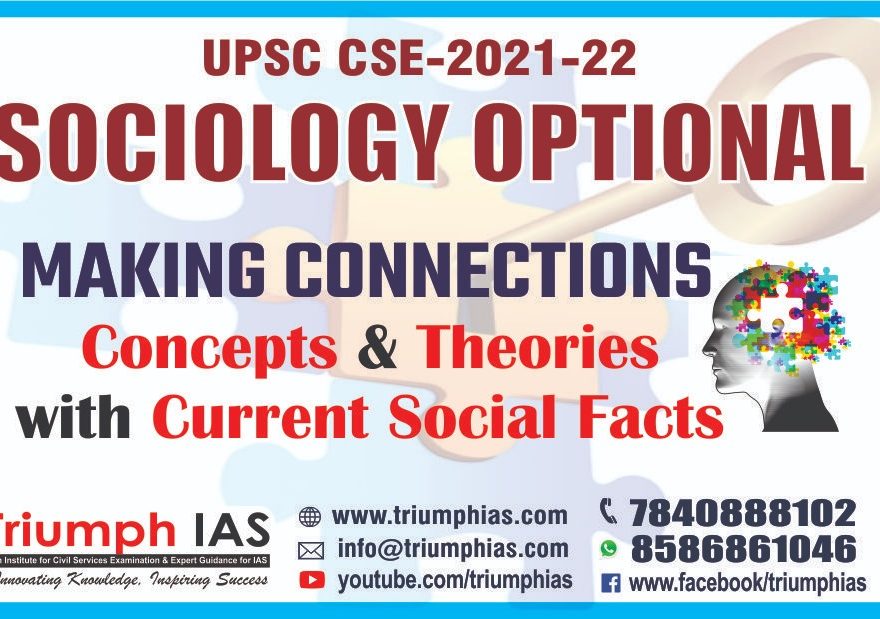ECONOMIC EMPOWERMENT OF WOMEN
Relevance:
Sociology: Women Empowerment: Gender Inequality
G.S paper II: Governance

Cross-sectional interventions have been undertaken to break the glass barrier in the economy to make the shift from “women development” to “women-led development”. Women’s active economic participation would help not only in their empowerment but would also augment the realization of growth and development potential of India.
Governmental interventions:
- The government has undertaken multifaceted interventions to ensure economic empowerment of women which can be categorised under 4 broad heads of Societal, Educational, Entrepreneurial and Financial Security.
Societal Interventions:
- It is necessary to combat entrenched patriarchy and social norms which create an unequal opportunity structure for women in the economy.
Maternity Benefit (Amendment) Act 2017:
- Government passed an amendment act increasing the duration of paid maternity leave available for women from the existing 12 weeks to 26 weeks.
- It introduced an enabling provision relating to “work from home” for women and also made creche facilities mandatory for every establishment employing 50 or more employees.
National Creche Scheme:
- This scheme is being implemented as a Centrally Sponsored Scheme through States/UTs to provide daycare facilities to children (age group of 6 months to 6 years) of working mothers.
SHe Box:
- To facilitate action against any form of sexual harassment at work which would disincentivise women from participating in the economy, Parliament had enacted Protection of Women from Sexual Harassment at Workplace (Prevention, Prohibition and Redressal) Act 2013.
- The Sexual Harassment electronic Box (SHe-Box) is an effort to provide a single window access to every woman for registration of complaint related to sexual harassment.
One-Stop Centre:
- It helps establish a single integrated platform across the country to provide holistic support and assistance under one roof to women affected by violence, both in private and public spaces.
- Aggrieved women who are reaching out or have been referred to the One-Stop Centre will be provided with requisite specialised services.
Beti Bachao Beti Padhao:
- The decline in the Child Sex Ratio (CSR) defined as the number of girls per 1000 of boys between 0–6 years of age, is a major indicator of women disempowerment.
- CSR reflects both, pre-birth discrimination manifested through gender-biased sex selection, and post-birth discrimination against girls.
- The government had announced the Beti Bachao Beti Padhao initiative in 2015. The objective of the initiative is the prevention of gender-biased sex selective elimination, ensuring survival and protection of the girl child and ensuring education and participation of the girl child. This is being implemented through a national campaign and focused multi-sectoral action in 100 selected districts low in CSR, covering all states and UTs.
Educational and Skilling Interventions:
- While there has been a general rise in school-level enrollment for girls, it is essential to focus on higher education for women. Further, along with education, it is essential to ensure that women have the required skill sets to raise their employability.
Pradhan Mantri Vidya Lakshmi Karyakram:
- It is a fully IT-based Student Financial Aid Authority to administer and monitor scholarship as well as educational loan schemes. The portal also provides linkages to National Scholarship Portal.
Post Graduate Indira Gandhi Scholarship for Single Child:
- University Grants Commission has introduced this scheme with an aim to compensate for the direct costs of girl education especially for girls who happen to be the only girl child in their family. A fellowship of Rs 3100 is available per month under the scheme.
Pradhan Mantri Kaushal Vikas Yojana (PMKVY):
- It is a skill certification initiative that aims to train youth in industry-relevant skills to enhance opportunities for livelihood creation and employability. Close to 50 per cent of the candidates enrolled and trained under PMKVY are women.
Mahila Shakti Kendra (MSK) Scheme:
- It has been conceptualised to empower rural women through community participation. By addressing the livelihood needs of women.
Support to Training and Employment Programme for Women (STEP):
- STEP has been envisaged to train women with no access to formal skill training facilities. The programme imparts skills in several sectors such as agriculture, horticulture, food processing, handlooms, traditional crafts like embroidery, travel and tourism, hospitality, computer and IT services.
Entrepreneurial Interventions:
- The Government has actively promoted self- employment of women by ensuring that they become wealth and job creators instead of being job seekers in the economy.
- The programmes have focussed on dealing with challenges such as poor access to funding and markets as well as bolstering the confidence of women to take on entrepreneurial risk.
Pradhan Mantri MUDRA Yojana:
- Under this scheme, the Government has provided credit up to 10 lakh to small entrepreneurs without the need for collateral or a guarantor. Women have made up 70 per cent of the beneficiaries under the scheme.
Stand-Up India:
- This scheme facilitates loans between 10 lakh and 1 crore to at least one scheduled caste/scheduled tribe member and one woman per bank branch for setting up a greenfield enterprise.
Rashtriya Mahila Kosh (RMK):
- It provides loans to NGO-MFIs termed as Intermediary Organizations (IMO) which in turn lend to Self Help Groups (SHGs) of women. Micro-credit is extended to women in the informal sector without collateral for income generation activities.
Mahila E-Haat:
- It is a website which leverages technology for showcasing products made/ manufactured/sold by women entrepreneurs. It provides access to markets for women entrepreneurs across the country.
Women Entrepreneurship Platform (WEP):
- The platform serves as an aggregator of information resources and services. It aims to offer services under various support areas of incubation, acceleration, entrepreneurship skilling, marketing assistance, funding and financial assistance. It aims to build a conducive entrepreneurial ecosystem for women entrepreneurs.
Financial Security Interventions:
- Given that a high proportion of women function in the informal sector, it is essential to ensure financial social security for them.
Pradhan Mantri Jan Dhan Yojana:
- It is a National Mission for Financial Inclusion to ensure access to financial services, namely, Banking/ Savings & Deposit Accounts, Remittance, Credit, Insurance, Pension in an affordable manner. As of February 2020, 53 per cent of the account holders (over 20 crores) are women.
Atal Pension Yojana (APY):
- The scheme envisages a universal social security system for all Indians, especially the poor and the underprivileged by offering guaranteed minimum monthly pension of Rs. 1000 to Rs. 5000 after the age of 60 years.

